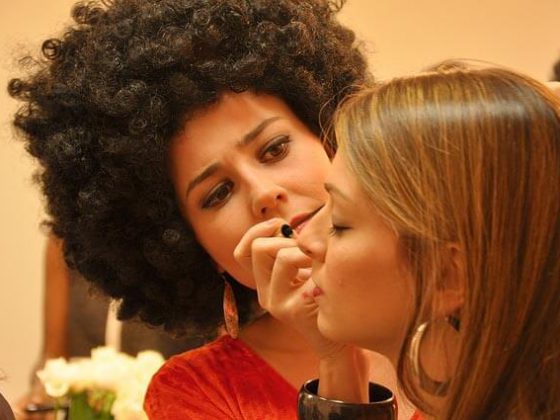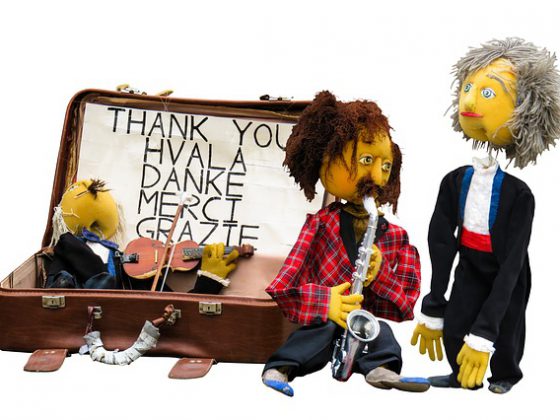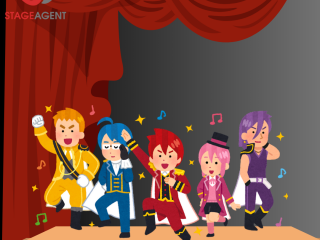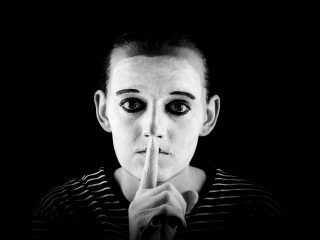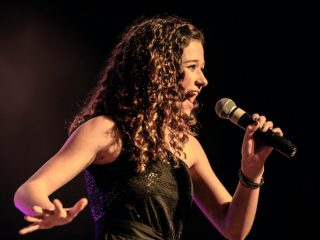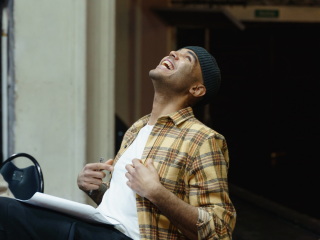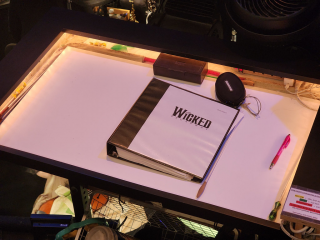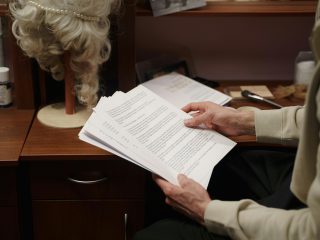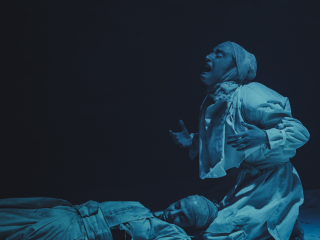This week in I Wish I Knew land, I’m delving into the topic of self-care. I don’t know about you, but this year has felt really long to me, with 3 months left to go. As grateful as I am for all the excitement, fun, rigor, spontaneity, and challenges that come with being an artist, let’s face it: it can get really exhausting.
Here are some of the things we deal with as artists:
1. Irregular schedules, which makes it hard for your body to know how to deal with the day-to-day.
2. Lots of jobs to pay our bills (on top of going to rehearsals).
3. We’re often doing things that are emotionally, physically and mentally exhausting (sometimes all at once).
For all these reasons and many more, I thought it was important to interview someone who has spent a lot of time learning about healing herself and others.
Allison Strickland (she/her/hers) is an artist, performer, healer, coach and creative consultant. I met Allison doing a reading of All’s Well That Ends Well by William Shakespeare with the Play On! Shakespeare Festival this summer in NYC. She has the most grounded, kind energy—she’s one of those people that really listens when you talk to her. She looks you in the eye and really engages. It’s refreshing because you don’t always meet people in the arts that allow themselves to slow down and really be present.
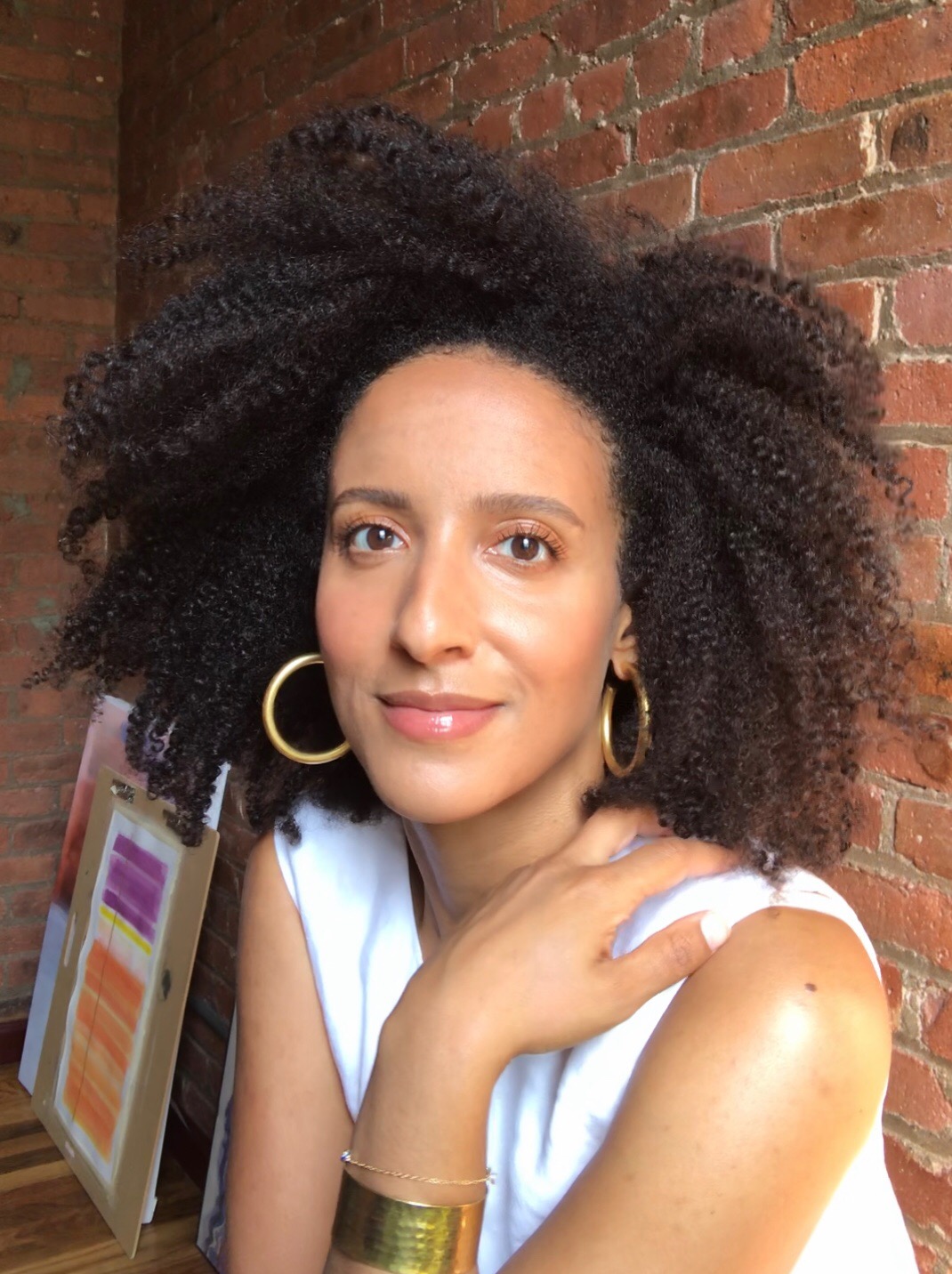
It all made sense when Allison explained that she is a healer as well as an artist. I was fascinated by this and we talked in our tiny dressing room about her journey from performing and art, to burn out, to healing, and back again.
If you have been feeling the grind getting to you, or even if you’re doing great and just want to meet an awesome human, read on:
Q: Tell us about yourself!
I am Allison Strickland she/her/hers. I am an Artist, Performer, Healer/Coach (with a focus on well-being for people in the Arts on both the creative and business side), and Creative Consultant. I was raised in Seattle and am now based in New York.
Q: When did you first know you wanted to become an artist and how did it manifest in its earliest stages?
I knew from age 3…literally. I was watching T.V. and I remember asking my mom to tell me about the people. When she explained what an actor was, I knew in an instant. I was always living in my imagination and entertaining myself (since my sister is 8 years older than me), and that left me with a lot of time for play, painting, dancing, dress-up, and performing on my own. I was also really fortunate to have a super supportive mom who let me explore and pursue my interests.
Q: What is your family’s relationship to your art?
I think there may have been a bit of a feeling of “where did this one come from” … I’m in a family full of introverts! Although, my mom writes and both she and my sister are voracious readers. In general, it was just unquestioned. Everyone knew I loved making and creating and it was basically a given that this was intrinsically part of who I was.
Q: How did you get into healing? A lot of people think of healing as giving to others, but what does it bring you?
It’s been a bit of a winding road. I think the real tipping point was my own creative burn-out a few years back. I hit a wall where (because I had always been so unquestioning of my goals or purpose) I realized I wasn’t really able to see clearly; the tank was empty. I didn’t know if I was doing anything I was doing because I still loved it, or because it was what I’d always done. I felt like all these parts of me were compartmentalized and that I was working in a way that always put my being “ready” or “good enough” or feelings of “success” in someone else’s hands.
This fatigue led me deeper into my spirituality (which was always there, but again, compartmentalized) and to seeking my own healing. Ultimately I realized that, by and large, the well-being, emotional, and mental health of people in the arts is overlooked. I believe to be an artist is to be a public servant. It can be incredibly vulnerable work and we, as artists, are often natural givers with extreme sensitivity. This can be taken advantage of when the boundaries aren’t strong.
The intention of my one-on-one work is to be of service so that people can feel supported and balanced in a career that is like a marathon and needs endurance. I believe when creatives are well, it ripples out collectively: in the books we read, songs we hear, movies we watch, clothes we wear…the list of what art touches is infinite.
Being in service to others is helping me, healing myself is helping others…it’s a big circle. I’m not trying to be all kumbaya…I really do believe we’re all in it together.
Q: What do you love most about being an artist? What does acting bring you vs. painting vs. your healing work?
I love the experimentation, the intimacy, the study and riddle of it all. I love asking questions and trying to understand why people do what they do, and those flow moments where you’re just so super in it and present…it’s almost as if another force takes over. I love the community and connection of acting both with collaborators and the audience, it’s just an indescribable relationship, the interchange of being on a stage.
Painting gives me creativity in solitude. My work is very meditative, I think it recharges the introvert in me. I feel less pressure when I paint because I know it can always be just for me.
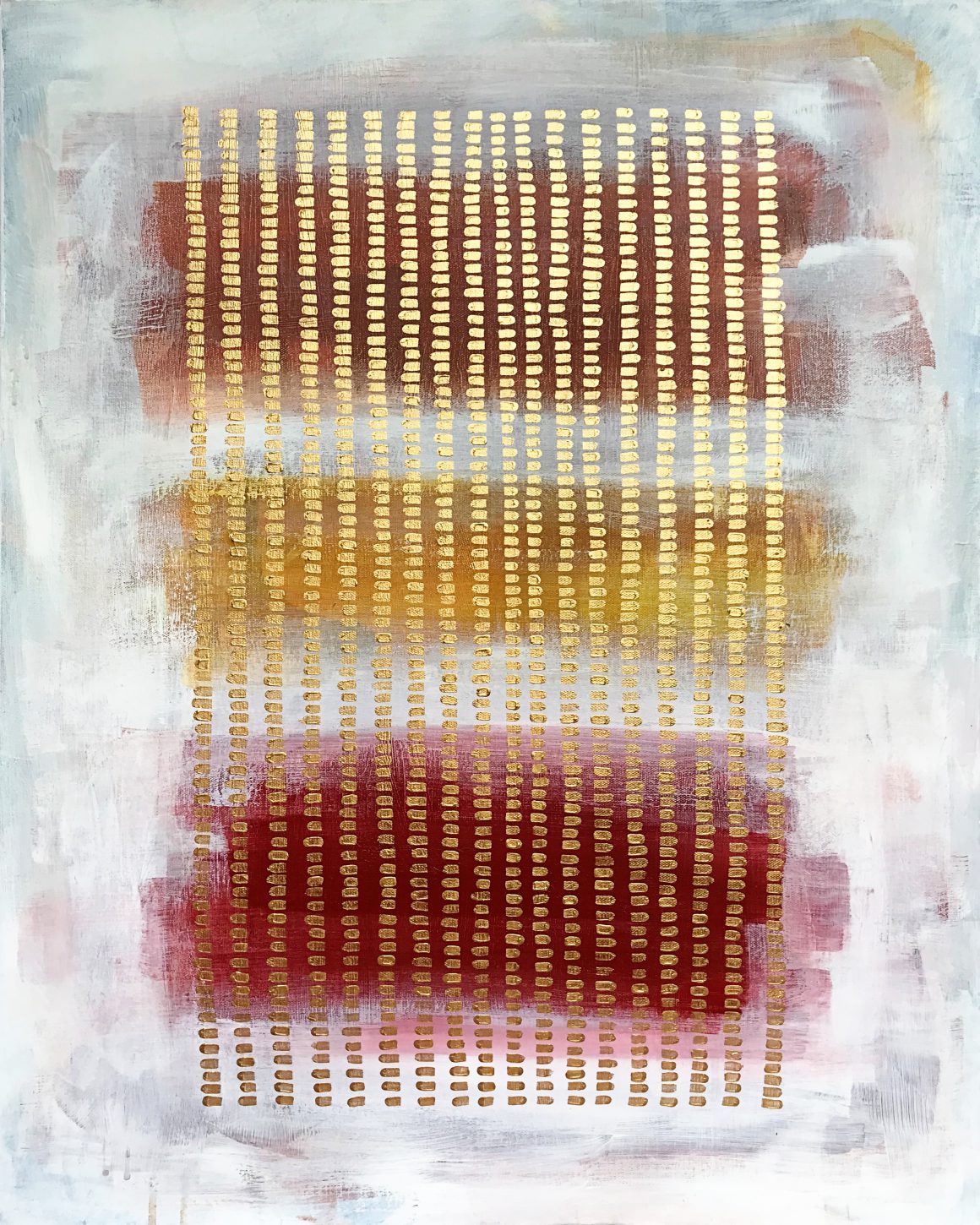
Allison Strickland
The healing work is kind of a blend of both. I love listening and hearing stories, the intimacy of sitting across from someone and them knowing that I really see them and care. It’s also an art because every person is different, every session is different, even session-to-session with the same person. We both show up and see what’s there, it honestly feels like an honor when someone chooses and trusts to do that work with me.
Q: What made you step away from acting when you did? What’s making you tiptoe back in?
I was finding myself not caring—and not in that sexy, casual, non-attached way—I literally couldn’t muster up any energy toward it in the room. It was making me bitter and resentful. I think sometimes this pressure of never “giving up” blinds us to when we just honestly need a break. Too much of anything is damaging, and I needed to come to my own peace that stepping away, whether I came back or not, did not mean I had failed.
The tip-toe back in is more of me no longer needing to say that I am NOT a performer: performing is a part of me still and that’s another layer of acceptance. I love being on a stage, with an audience, and all of us making this agreement to connect. I’m not as tied to how that looks anymore. But, I can say that I’d like it to be more intentional in this next chapter, and because I’m more balanced now (don’t get me wrong, balance is constant practice), I don’t need it in the same way.
Q: What does the phrase ‘self-care’ mean to you? How and why do you help other artists check in with themselves?
Self-care is tricky because it’s becoming this very branded, trending topic. But ultimately, I’d love for it to mean that we are constantly looking to what can bring us into deeper alignment, and checking in consciously with what we need in order to feel content, so that we can also be a force of good in the world. Basically, you can’t give from an empty cup. I help other artists by reflecting back patterns or blocks I sense, offering small, manageable, gradual changes (I think those create the most lasting impact) and energy work. It’s a little talk-therapy, a little experiential.
Q: What are some things you wish you knew before you became an artist and performer?
*Have a creative outlet that doesn’t rely on anyone else’s participation or permission.
*Commit to a meditation practice!
*Having some relationships, platonic or otherwise, with people who don’t work in the arts gives great perspective.
*Every career and journey is totally individual. Someone else’s good isn’t guaranteed, but neither is someone else’s bad.
*Get rid of “should’s”!
*Don’t take things personally.
*No one else bestows a title on you; YOU get to say you’re an actor, painter, writer, dancer, chef. Claim it and do the work.
Q: What are some pieces of advice you can give to artists with regards to taking care of themselves mentally, spiritually, emotionally, etc?
*Meditate! (I know…but seriously)
*Read The Four Agreements by Don Miguel Ruiz. Honestly, a game-changer. *See: not taking things personally.
*Seek your support: family, friends, counselors, healers, teachers—people who help you remember you’re not alone.
*Make following YOUR inner knowing and instinct the ultimate authority.
*Figure out how you want to FEEL. What are your favorite parts of your work? Find ways to get that feeling outside of your career. For instance: I love rehearsal rooms because I love the mental stimulation and exploration of what makes people make the choices they do. That love led me to study contemplative psychology. OR, I really love talking with people, regular coffee and park dates are vital in my feeling connected.
*Practice saying no. And if that’s hard to say in the moment, practice saying “let me get back to you”.
*Being sensitive is a gift. That said, listen to your body when it tells you it’s time to leave or take a moment alone.
*Know what you want, but try to be less attached to how it looks.
*Know there’s no shame in taking breaks, or in having a “survival” job. It’s hard to be creative when you’re in fight or flight! Pay your bills, handle your sh*t.
*When you feel locked up in your own stuff, try and find where and how you can be of service to others.
Q: What is a one of the best pieces of advice you’ve received?
That it doesn’t matter how high you go if you don’t turn around and pull somebody up with you.
Q: Where can people find out more about you?
You can find all info at allisonstrickland.com
Follow me on IG at allisonstrickland_

